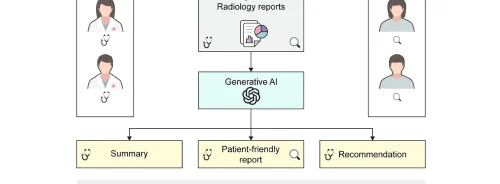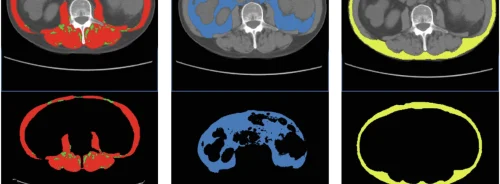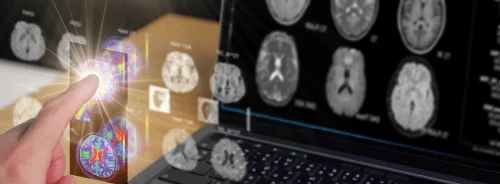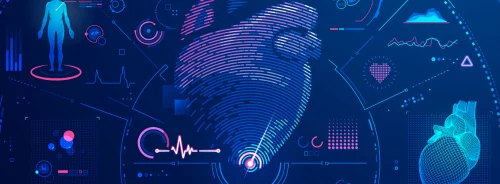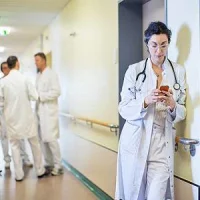The term “social entrepreneur” was coined by Bill Drayton, who also founded Ashoka, an organisation that supports social entrepreneurs in 93 countries. Drayton believes that we are in a time of transition and that the central challenge of our time is to make everyone a changemaker.
For her part, Margaret M. Fynes, MD, of the Russell H. Morgan Department of Radiology, The Johns Hopkins Hospital (Baltimore), says radiologists are in a perfect position to be changemakers, not only in medicine but everywhere in the world around us.
A changemaker is seen as someone “who can see the patterns around them, identify the problems in any situation, figure out ways to solve the problem, organise fluid teams, lead collective action, and then continually adapt as situations change.”
Environmental protection is one area where a radiologist can be a changemaker, as shown in this experience at Johns Hopkins. The hospital has a very strong multidisciplinary Speech Swallowing Center. Staff noticed over the years that older and weaker patients often had difficulty while using straws. Increased episodes of laryngeal penetration and aspiration were observed, particularly when patients attempted to swallow thin liquids through straws.
That's when Dr. Fynes and co-workers started thinking about the need for straws in general. While straws are necessary for some patients with certain disabilities, they are not necessary for most patients, employees, and visitors.
These statistics on the use of plastic and straws are rather alarming:
- Plastic straws are responsible for 7% of all plastic trash and at least 4% of plastic trash in the oceans.
- One million seabirds and one million marine animals die from ingesting plastic each year.
- People in the U.S. use about half a billion plastic straws per year; The Johns Hopkins Hospital alone purchased nearly 970,000 plastic straws last year.
Dr. Fynes then sent an e-mail to Redonda Miller, MD, and Charles Reuland, MHS, the president and executive vice president, respectively, at The Johns Hopkins Hospital, outlining the staff's concerns. They responded quickly and were concerned because this is a patient safety issue as well as an issue of environmental responsibility, according to Dr. Fynes.
Afterwards, the hospital's Nutrition Advisory Committee, made up of nurses, physicians, speech language pathologists, and other clinicians, surveyed nurse managers from 22 units to further study the issue.
Eventually, it was decided that The Johns Hopkins Hospital would eliminate plastic straws and offer biodegradable paper straws when necessary. Use of Styrofoam products will cease over the coming year. "Because Johns Hopkins is the largest employer in the state of Maryland, we hope that other Maryland businesses will follow," Dr. Fynes says.
Since the time Johns Hopkins began studying the plastic straw issue, Starbucks, Hilton, Hyatt, Four Seasons, Alaska Airlines, and Marriott have announced plans to eliminate plastic straws. Also, many U.S. cities have banned plastic straws, including Seattle, San Francisco, New York City, Malibu, and Miami.
Admittedly, the doctor says, eliminating plastic straws is a small step, but it is the right kind of change. She urges other radiologists to find ways to initiate change in their department, hospital, or community.
"Now is the time for radiologists to be more visible in the world and to be changemakers," Dr. Fynes emphasises.
Image Credit: iStock
References:
Fynes MM (2018) Radiologists as Changemakers: The Last Straw. J Am Coll Radiol.; Article in Press, Available online 31 October 2018. https://doi.org/10.1016/j.jacr.2018.08.015
Latest Articles
Radiologists, changemakers
The term “social entrepreneur” was coined by Bill Drayton, who also founded Ashoka, an organisation that supports social entrepreneurs in 93 countries. Drayton believes that we are in a time of transition and that the central challenge of our time is to m

